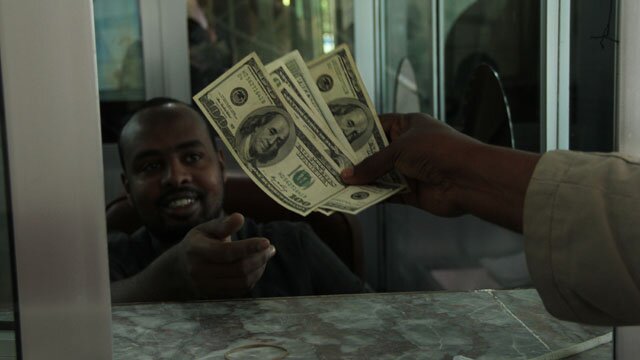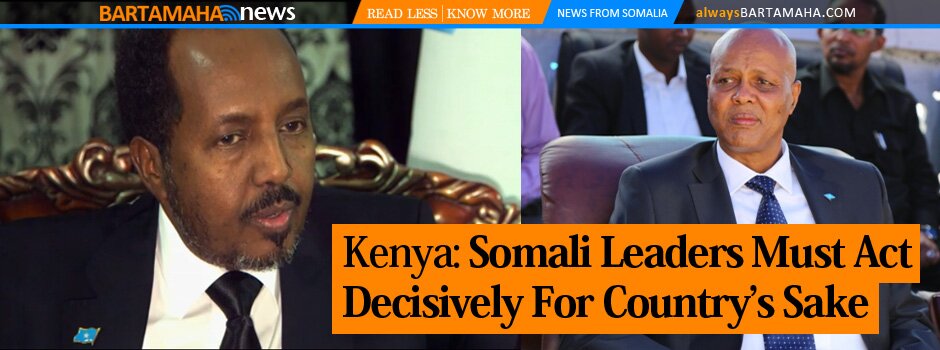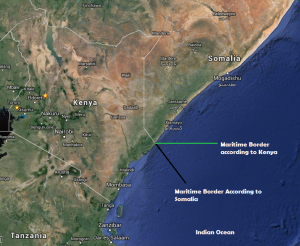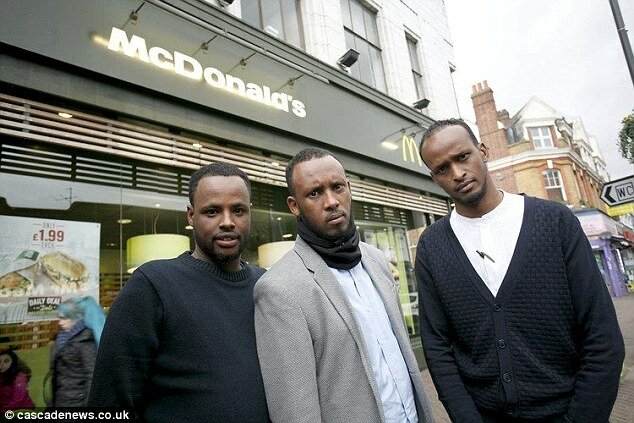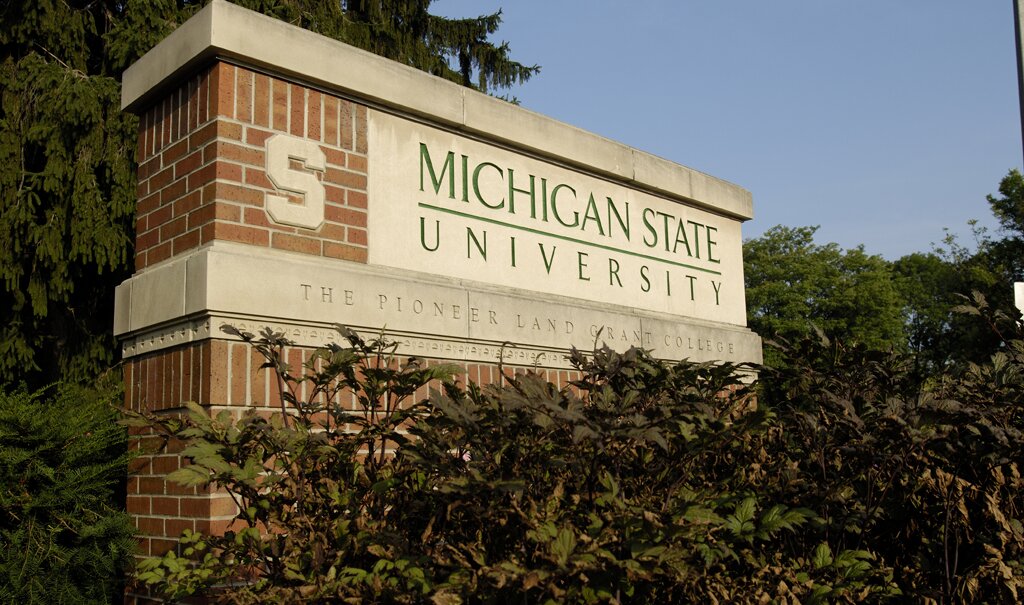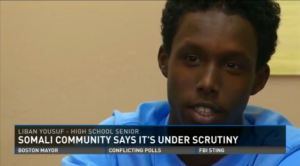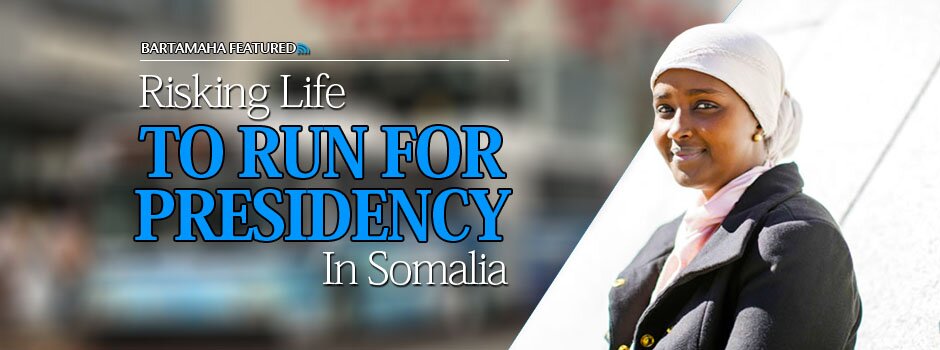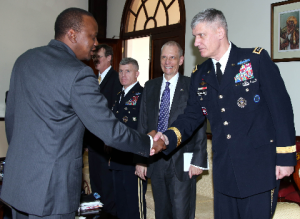Shortchanging Somalia
 It’s hard to imagine what could make the situation in Somalia, a desperately poor failed state that hasn’t had a functioning government since 1991 and is in the midst of a deadly drought,even worse. But a Minnesota bank may have found something.
It’s hard to imagine what could make the situation in Somalia, a desperately poor failed state that hasn’t had a functioning government since 1991 and is in the midst of a deadly drought,even worse. But a Minnesota bank may have found something.
Minneapolis-based Franklin Bank is widely believed to be the last bank in the state, and probably the nation, that still facilitates wire transfers of money to Somalia. That may end Dec. 30, when it plans to stop. Somali immigrants in the U.S., who have settled in large numbers in Minnesota’s Twin Cities, annually send an estimated $100 million back to their homeland. In a country where the average income is less than $2 a day, that’s enough to help thousands of families ward off starvation. It would be easy to blame bank officials for making such a heartless decision, but the fault lies more properly with Washington and its strict rules aimed at preventing money from flowing to terrorists.
In October, two Minnesota women were convicted of wiring more than $8,600 to the Shabab, a militant Islamic group in Somalia affiliated with Al Qaeda, and this month a Somali refugee in San Diego confessed to a similar crime. Although no bank has ever been prosecuted for sending money to Somali terrorists, officials with Sunrise Community Banks in St. Paul, Franklin’s holding company, decided it was just too risky to continue facilitating remittances to Somalia. Many larger banks had already come to that conclusion, having exited the business after the federal government starting cracking down on terrorist financing in the wake of 9/11.
Cutting off funding sources for jihadists at war with the U.S. is obviously an important priority, but there must be a way of doing it that doesn’t end all remittances to and from innocent people. Sen. Al Franken (D-Minn.) sent a letter to the State and Treasury departments after Sunrise’s announcement pointing out that if remittances from Somali expatriates living in the U.S. cease, it could actually benefit the Shabab, which could claim that “America was preventing needed funds from getting to suffering Somalis.”
Because Somalia has no real banking system, money is distributed through informal transfer businesses calledhawalas, but these operators must work with formal banks to wire the money overseas. Hawalas in Minnesota are preparing to shut down unless the federal government steps in before the end of the month. One possible solution: The State Department could grant Franklin Bank a waiver from prosecution in the event that one of its customers, without the bank’s knowledge, sends money to a terrorist group. That seems both fair and effective.
___
LA Times
Comments
comments
 Calendar
Calendar








